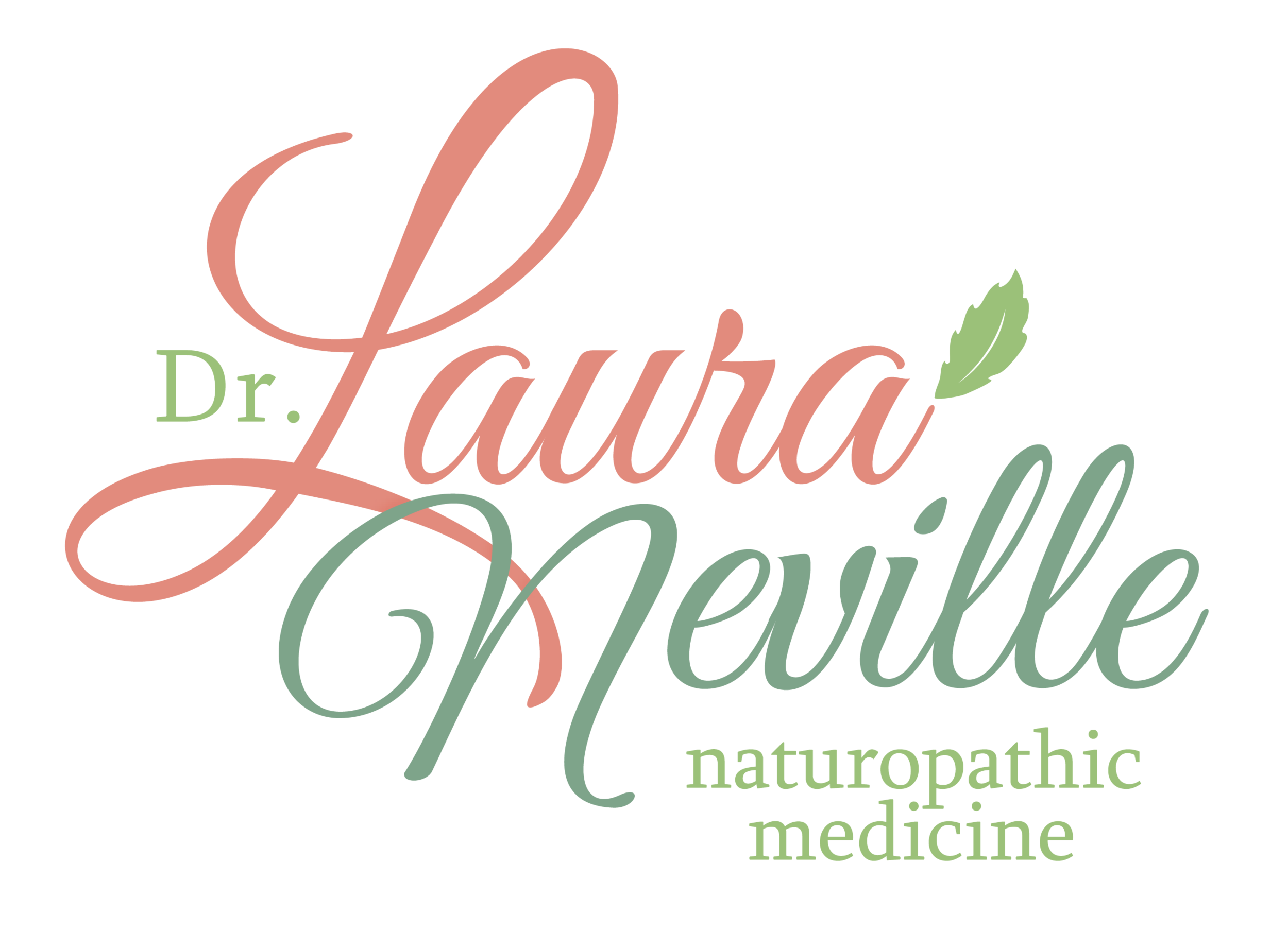Anxiety
The Challenge of Being Human:
For most mammals, stress has a relatively short span – when a zebra is running from a lion there are only two outcomes: you get away or you don’t.
Humans have an “anticipatory stress response” that easily spins out of control and can lead to anxiety.
What Is Stress?
Stress is anything in the external world that knocks you out of balance - this could be physical, mental, or emotional.
And when that response is turned on chronically, we get anxious.
I love how Robert Sapolsky talks about this: "If you think you’re about to be knocked out of homeostatic balance and really aren’t and this happens on a regular basis, then you’re being anxious… paranoid… profoundly human.”
Sapolsky wrote the book “Why Zebras Don’t Get Ulcers” – I highly recommend it.
How to Tame Anxiety:
Know that anxiety is a trait passed down from generations to protect us. In fact, studies on hypersensitive and vigilant chimpanzees show they keep the tribe alive. When those chimps are removed, all other members die!
Having anxiety does not mean that something is "wrong" with you.
Think of anxiety as the outcome of "too much sensory input". Then identify sensory inputs that can be let go.
Check in with your body - are you hungry, tired, thirsty, over-caffeinated, or on a sugar crash?
Can you lessen your online/social media/news intake?
Can you put yourself to bed earlier? Note: sleep allows us to do what is called "memory consolidation" - letting go of unnecessary memories and storing useful memories. Sleep deprivation leads to the inability to clear the mind of excess clutter.
Can you improve your dietary habits to include regular, whole-food based meals?
What is your mind thinking? Can you identify any assumptions in your thoughts?
Get outside in the sunshine if possible
Nature has a magic calming quality - touch the soil with your hands or bare feet (called "grounding"), watch a sunset, walk near trees.
Use water - drink it, bathe in it, swim in it.
Work with your doctor to ensure your thyroid, estrogen, progesterone, testosterone, and cortisol levels are adequate.
Ask your doctor if you can improve your serotonin, GABA and glycine levels. You also want to avoid high dopamine, glutamate, norepinephrine and epinephrine levels.
GABA is one of the most calming neurotransmitters in the body. Whole-food nutrition feeds beneficial gut bugs to create more GABA. Whole-foods also improve serotonin production from the gut.
Other factors that can increase GABA include yoga, meditation and deep breathing.
The following are considered naturopathic "anti-anxiety" botanicals:
Kava kava
Passionflower
Bacopa
Lemon Balm
Lavender
Valerian
Chamomile
P.S. As with any herb or supplement, consult your health care practitioner before beginning any of the above. To ensure safety, it is important to make sure that you choose a supplement that comes from a reliable source.
💕
Dr. Laura Neville
IMAGINE A LIFE OF BEAUTIFULLY BALANCED HORMONES AND EVERLASTING ENERGY . . .
Step 1 - let’s find out what type of hormone imbalance you are dealing with…
